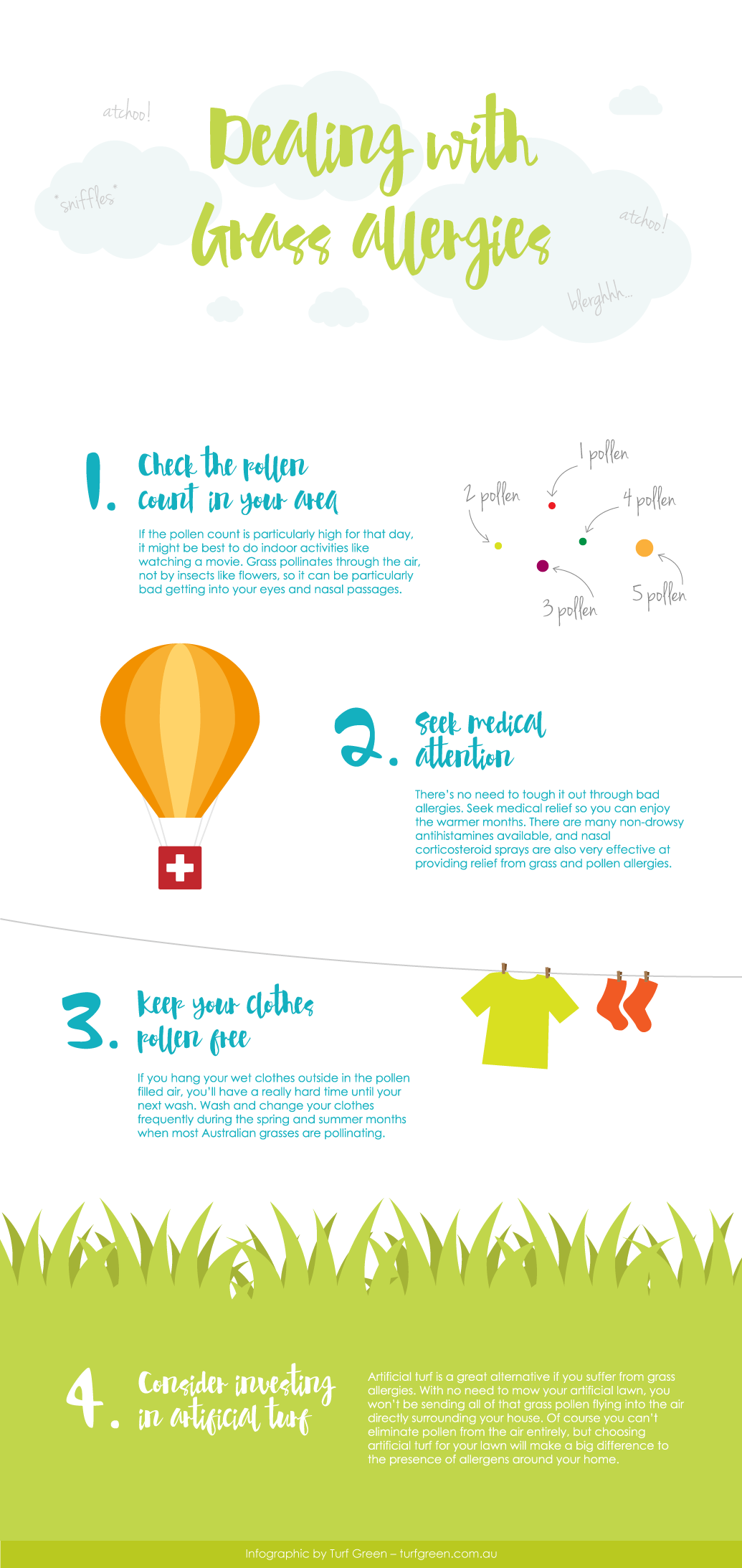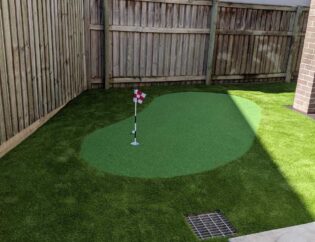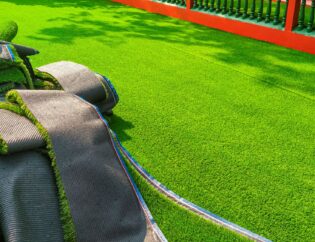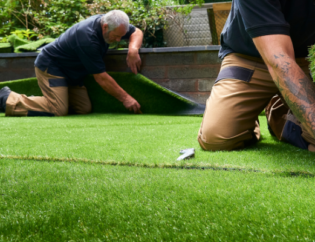
Anybody who suffers from grass allergies will tell you that it’s a real pain. And the grass pollination season is even longer than most other flowering plants, so sufferers are subject to these symptoms throughout more of the year.
What are the symptoms of grass allergies?
If you’ve never experienced grass allergies before, it mightn’t sound a big deal. But for the sufferer, they can make life pretty miserable, and in some cases even be debilitating.
Common symptoms of grass allergies resemble hay fever, and include:
- itchy throat

- sneezing
- runny nose
- itchy and/or watery eyes
- difficulty breathing
- headaches
- fatigue.
As you can imagine, these are not symptoms you’d want to live with every day. And why would you when you don’t have to? Artificial grass can dramatically reduce these grass allergy symptoms and improve the quality of life for the sufferer.
What are the benefits of artificial turf for grass allergies?
Synthetic lawns can provide many benefits for you and your family—even for those in the family with no allergies!
The main benefits of installing artificial lawn at your home are:
- reduced allergy symptoms and need for medication
- free from lead and heavy metals
- non-toxic
- hypoallergenic for pets
- no mowing or lawn maintenance
- the look of full, healthy grass coverage all year round
- no need to water it
- no need for pesticides or fertiliser.
Is synthetic grass safe for the whole family?
People who are unfamiliar with modern synthetic grass sometimes worry about health issues. But artificial turf is safe for the whole family, including children and pets.
At Turf Green we use the highest quality materials and manufacturing processes to ensure a superior product. So you can rest easy knowing your whole family will be safe.
How to survive allergy season with Turf Green
Installing artificial grass is a great way to reduce allergy symptoms during pollination season. But there are also other things you can do assist sufferers.
To help you navigate allergy season as painlessly as possible, we’ve put together a handy guide (see below).
You don’t have to suffer your way through spring and summer—the best months to be outside—with grass allergies. And no one wants to be drugged-up to the eyeballs just to get through each day.
Find out more about artificial turf on our FAQ page.
Turf Green’s allergy season guide
Here are some handy and natural tips for grass allergy sufferers…











